What is Turkey Tail Mushroom?
Turkey Tail Mushroom is a delightful adventure that connects you with nature and offers a unique way to explore the outdoors. This fungus native to North American forests is known for its potential health benefits, Immune support, Antioxidant properties, Anti-inflammatory effects, and improved energy levels. This is all because of the high levels of Polysaccharides contained
Polysaccharides
Polysaccharides are natural fibers found in the cell wall. they are a type of complex carbohydrate. Many of the discovered health benefits are from beta-glucan. Our Polysaccharides are extracted from the fruiting bodies clean with Hydroalcoholic mixtures which improve the extraction quality to 20%. Turkey tail contains 3 forms of polysaccharides: polysaccharopeptides (PSP), polysaccharide-K (PSK), and beta-glucans.
If you seek other mushrooms famous for elevated polysaccharide levels, we suggest buying Reishi mushrooms.
Lab-researched benefits and features
- Immune support
- Antioxidant properties
- Anti-inflammatory effects
- Digestive Health
- Cancer support
- Improved energy levels
Recommended dosage
Based on multiple laboratories’ recommended results, Turkey tail mushrooms have dosages ranging from 500-3000mg. Minimum dosages may change depending on your specific goals.
Possible Side effects
The side effects are still under clinical review. Some reports have been nausea, abdominal discomfort, and abdominal pain, but only at much higher-than-normal recommended dosages.
References
- Coriolus versicolor mushroom polysaccharides exert immunoregulatory effects on mouse B cells via membrane Ig and TLR-4 to activate the MAPK and NF-κB signaling pathways.” https://pubmed.ncbi.nlm.nih.gov/25480394/
- “Immunomodulatory effects of Trametes versicolor and its β-glucans with the activation of different innate immune cell populations.”https://www.ncbi.nlm.nih.gov/pmc/articles/PMC7016572/#:~:text=Within%20the%20innate%20immune%20system,cells%20and%20neutrophils%20in%20vitro.
- “Effect of Polysaccharide-K (PSK) on the Tumor-specific Cytotoxicity of Human γδ T Cells In Vitro.”https://www.ncbi.nlm.nih.gov/pmc/articles/PMC7290839/


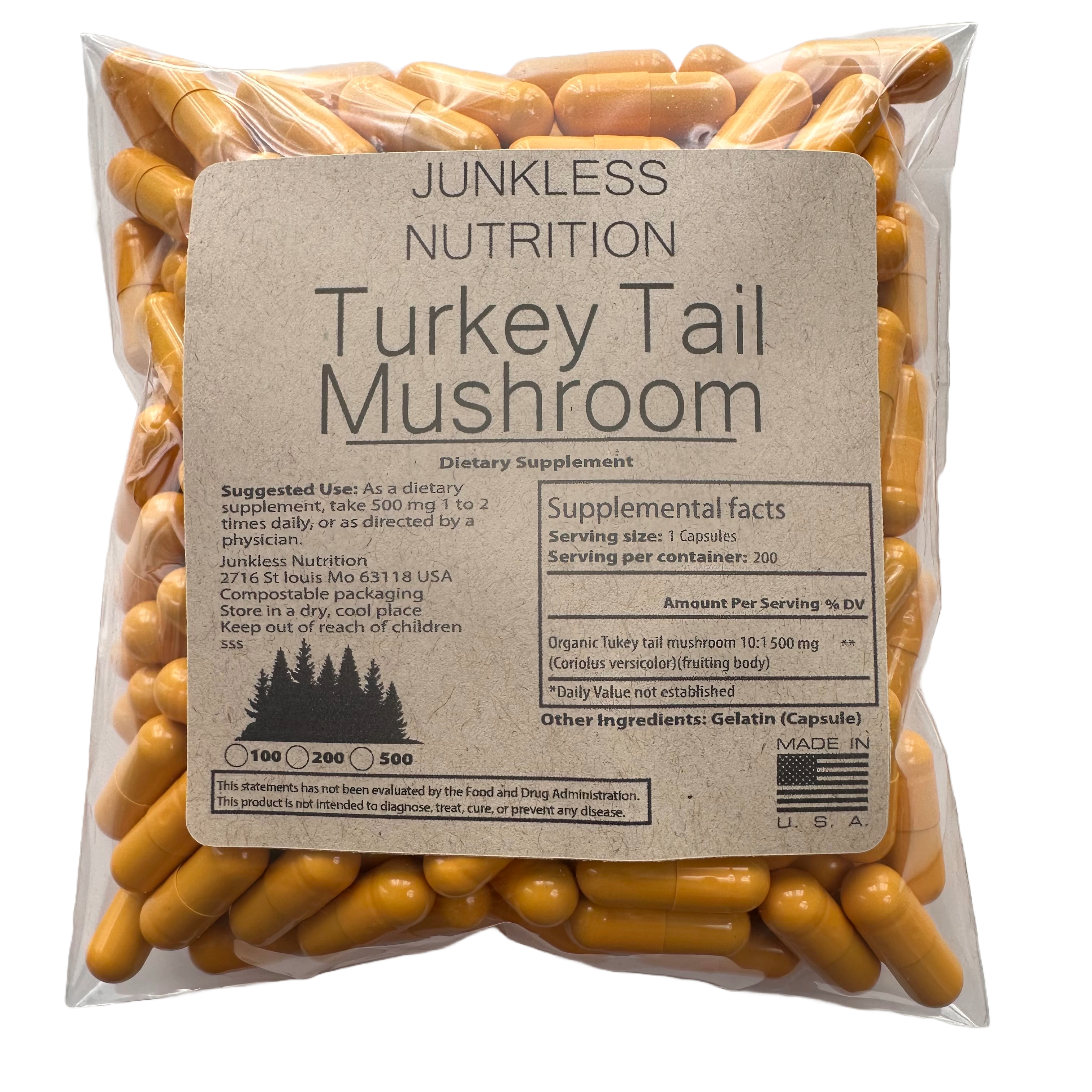
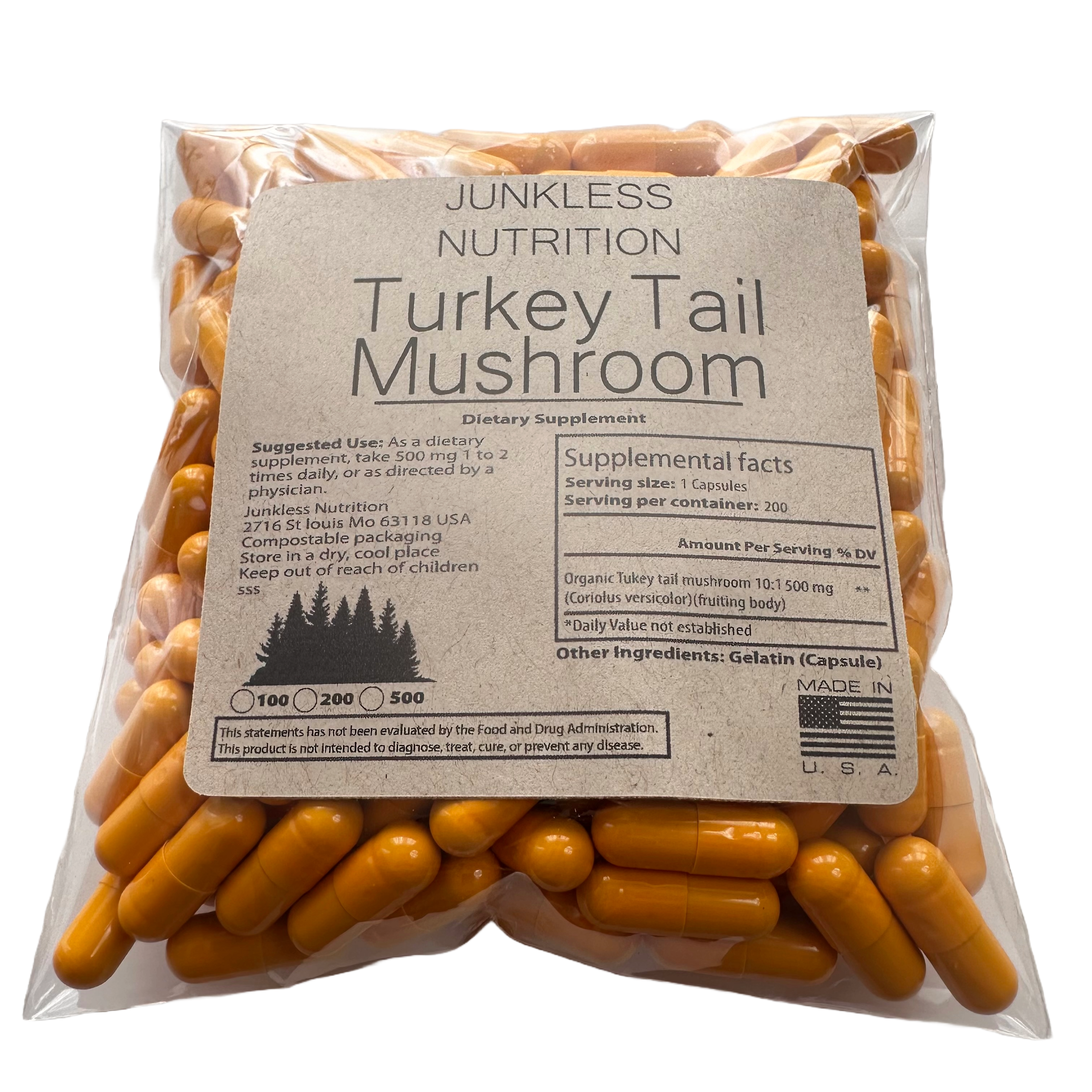
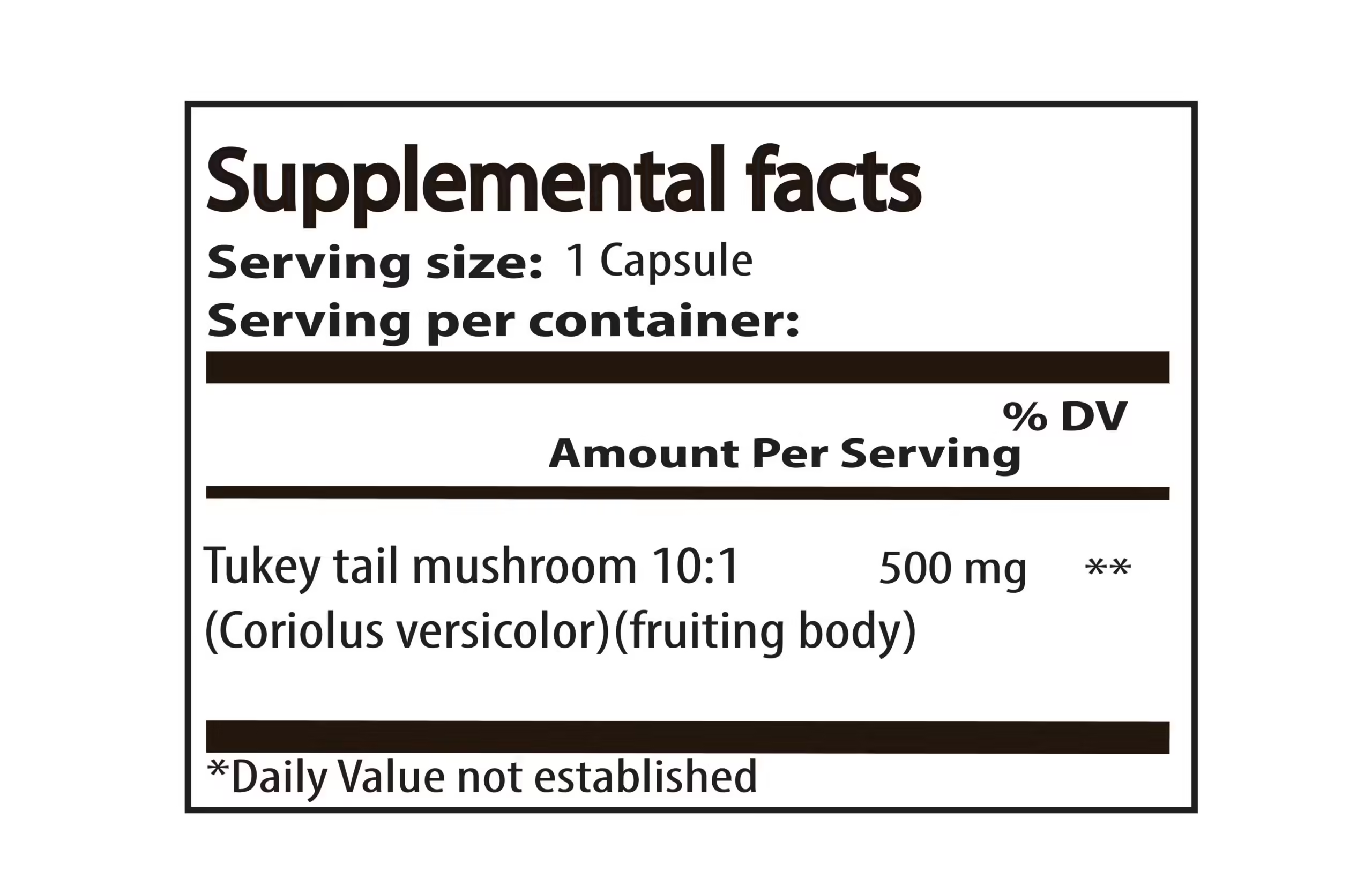
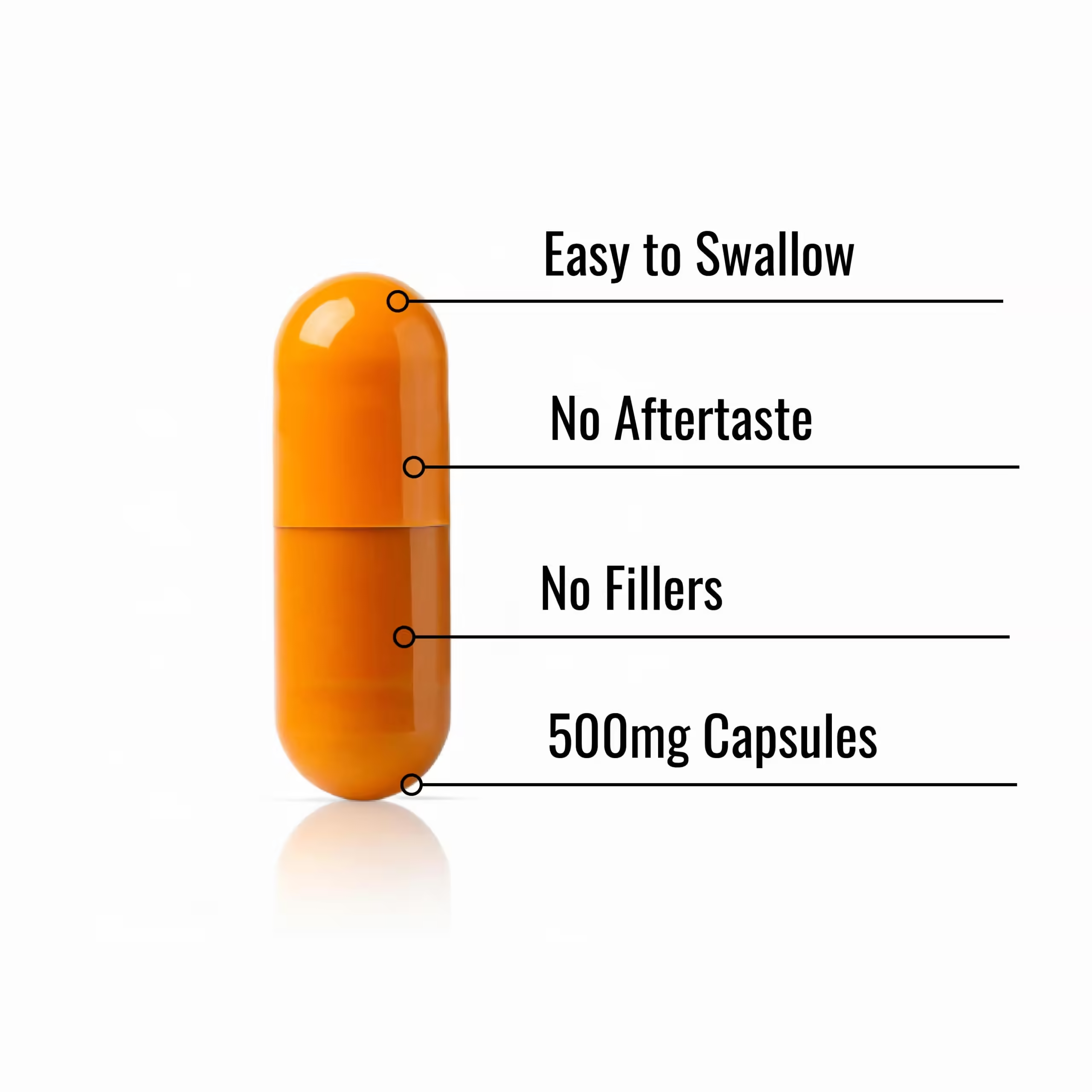
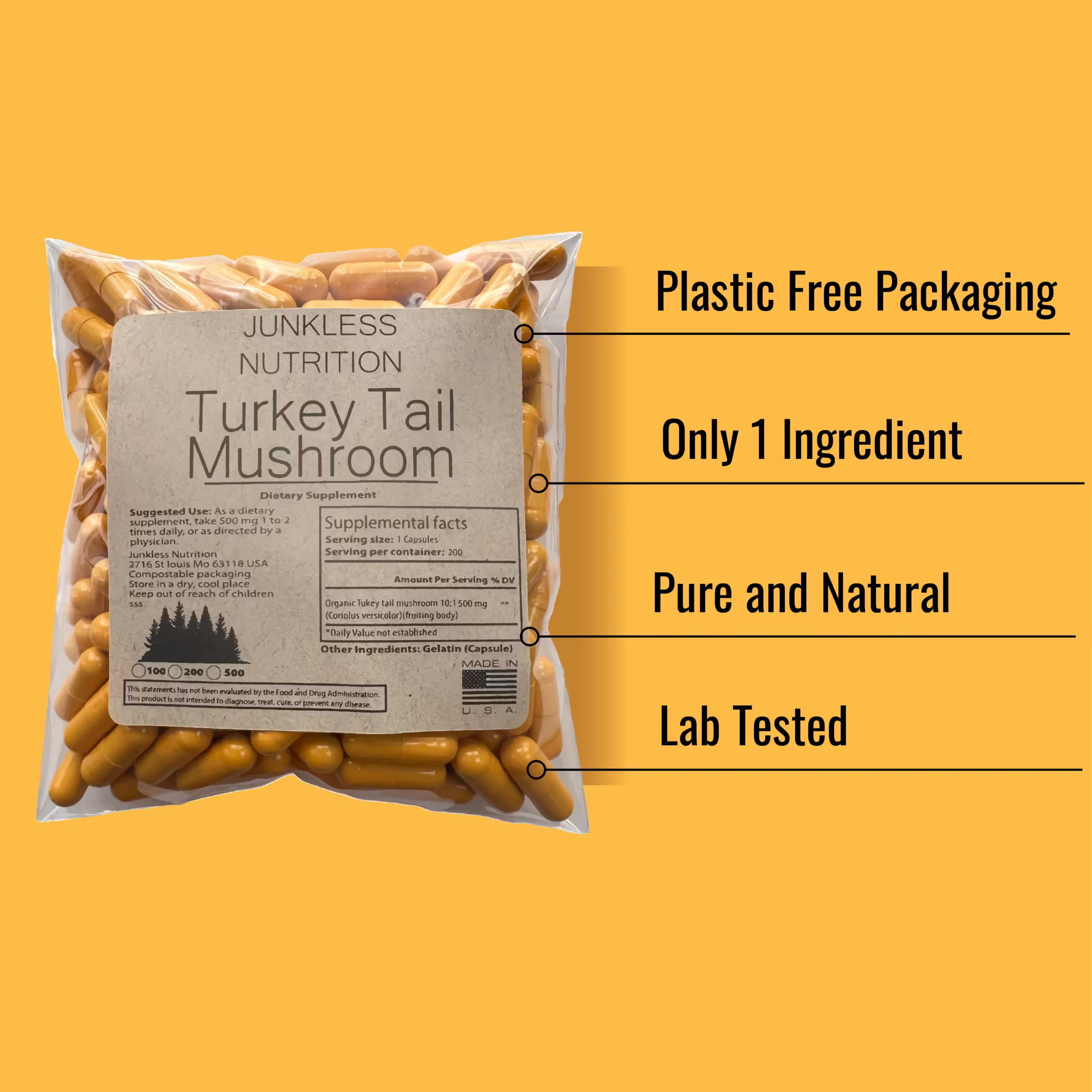

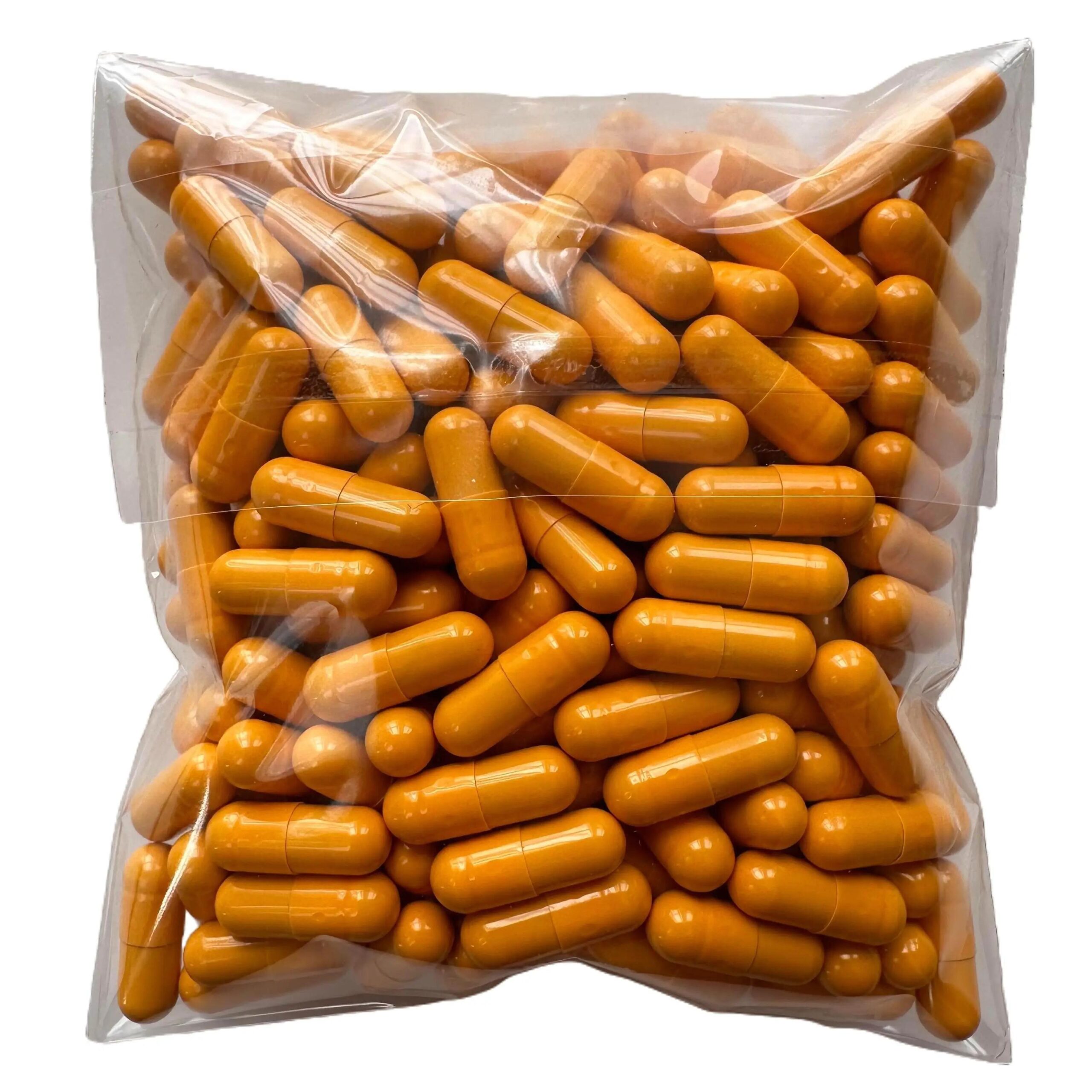
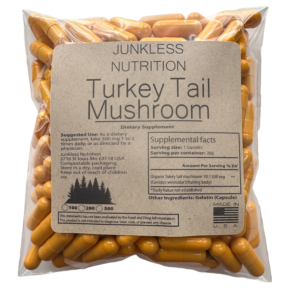
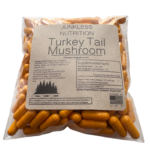

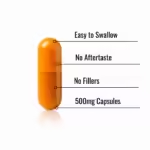
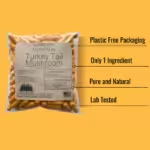

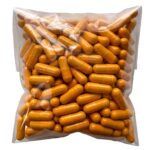
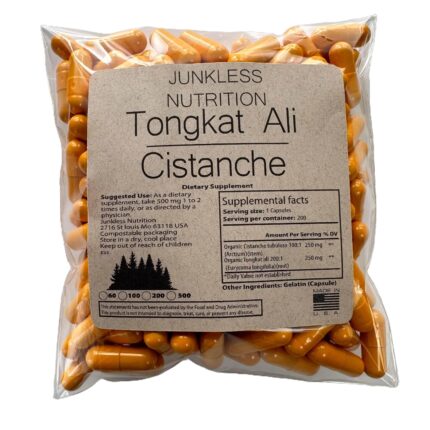
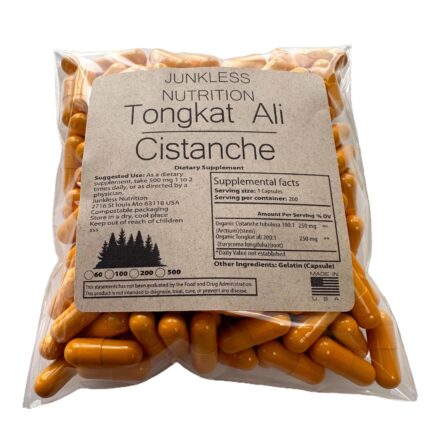
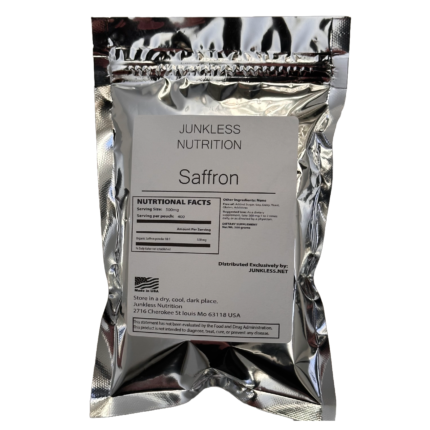
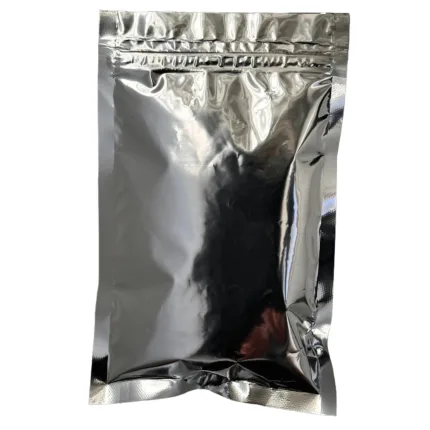
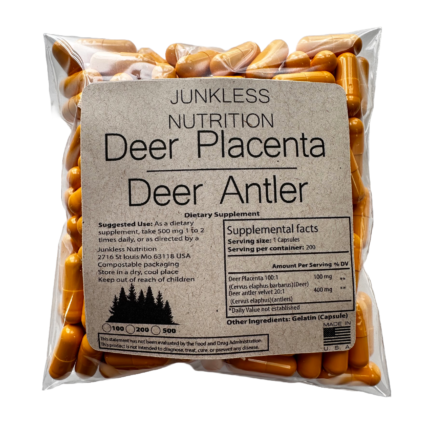
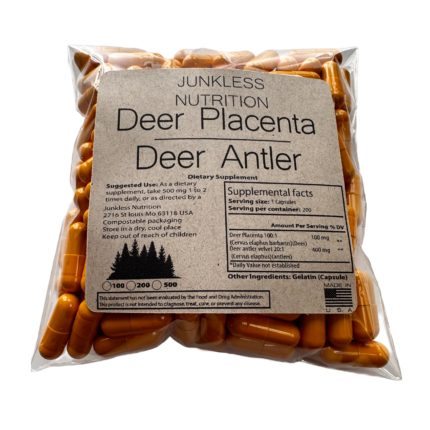
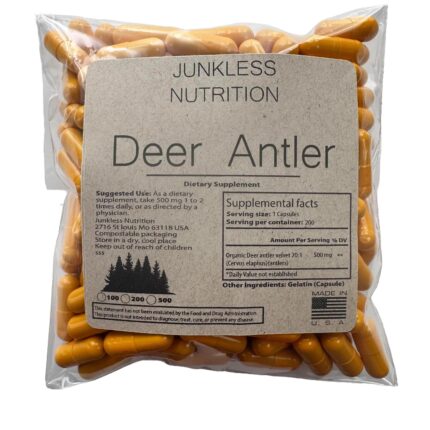
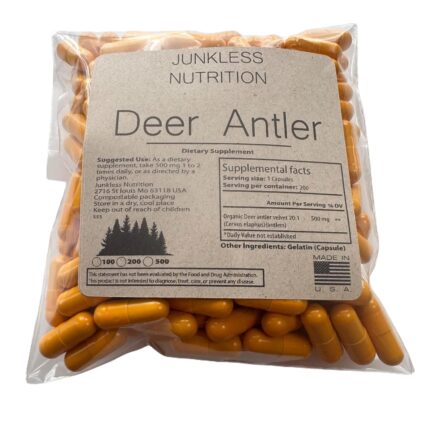
Reviews
There are no reviews yet